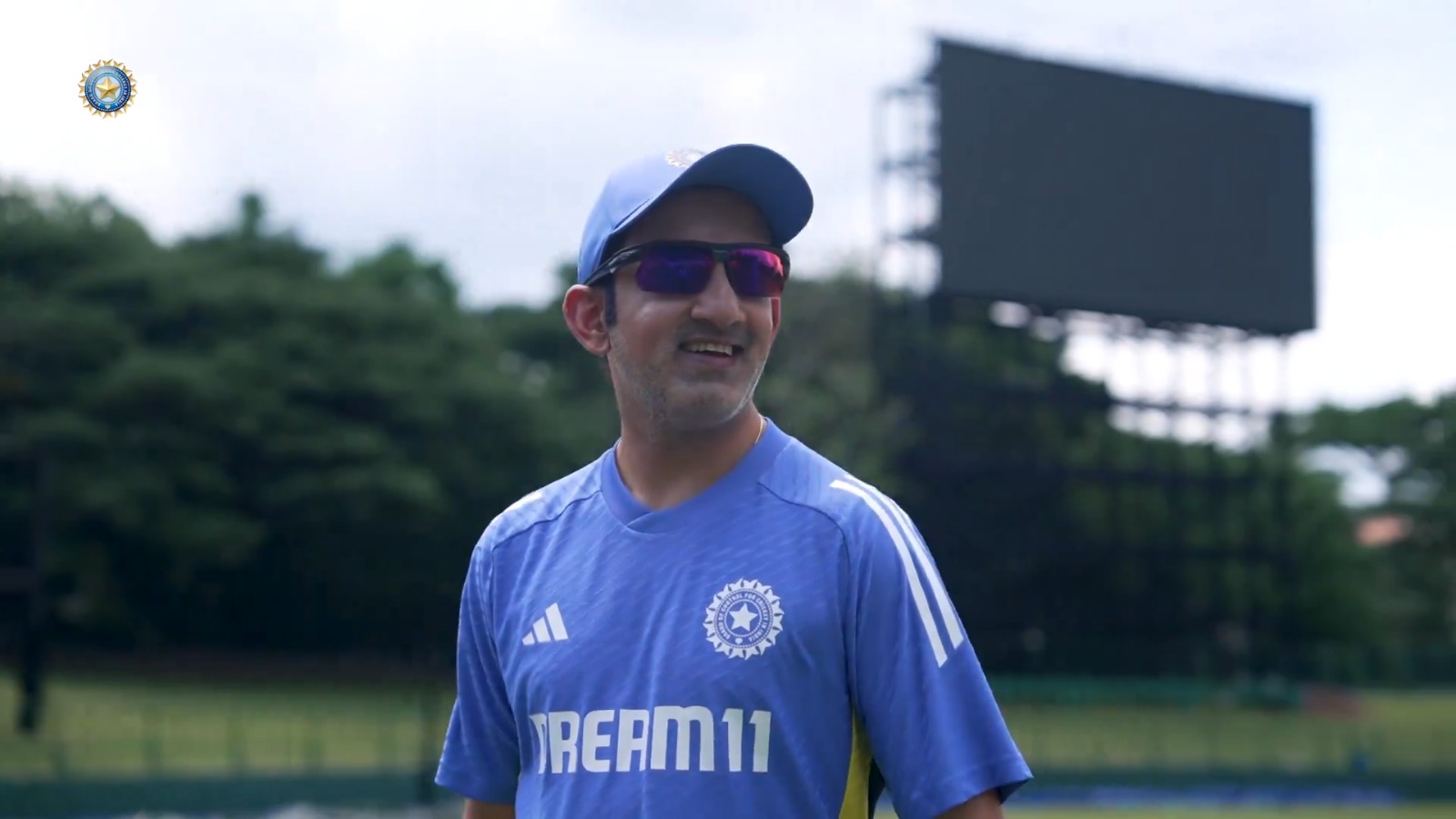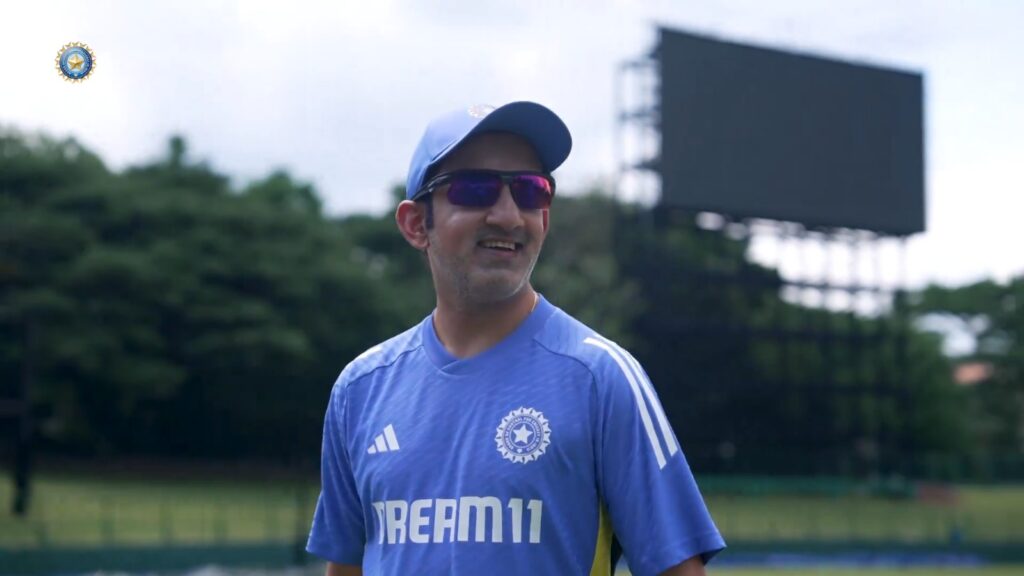
Many moons ago, when Gautam Gambhir was an active international player, this correspondent had an interaction with him. He was dropped from the Indian team and demoted to Grade B in the list of the BCCI’s centrally-contracted players.
Gambhir put things in perspective. He spoke about how the demotion was not the end of the world and that he was still in the BCCI’s scheme of things. That was Gambhir, always looking at the positives.
In a star-studded Indian dressing room, he was a commoner. In personality-obsessed Indian cricket, he was someone who thought about the collective. Leave aside the demigod status of certain players, cricket actually is a game of the commoners. MS Dhoni, for example, needed a certain Joginder Sharma to bowl a good final over against Pakistan to lift his first world title. Virat Kohli wouldn’t have scored 80 international hundreds without the non-strikers running for him.
Cricket is a team sport and not an individual game. Gambhir believes in that. He will take that philosophy to the dressing room as India’s new coach. He is taking over a very successful team, but with transition on the anvil, his challenge will be to make the whole process smooth.
Rahul Dravid took over a pretty successful team from Ravi Shastri and took the side to the next level. Over the past two-and-a-half years, India played a World Test Championship final, finished runner-up in the 50-over World Cup and won the T20 World Cup. Traditionally in Indian cricket, however, staggering highs have been followed by unprecedented lows.
Rewind to 1971, when India had won their first-ever Test series in the West Indies and England. Only three years after that, they had the ‘Summer of 42’ in Blighty in 1974. The 1983 World Cup win was followed by a steamrolling at home by Clive Lloyd’s marauding Caribbean side. And Gambhir saw first-hand how Duncan Fletcher failed to manage transition after taking over from Gary Kirsten.
Under Kirsten, India won the World Cup and climbed to the top of the world Test tree. Under Fletcher, they suffered back-to-back whitewashes in England and Australia, with some of the Tests finishing inside six sessions.
At the moment, the Indian team runs on auto-pilot. But a few retirements here, a couple of injuries there, and things can change quickly. The good thing is that the team will always have Gambhir’s winning mentality to fall back on.
“My learning has been simple; it’s been all about winning,” the new head coach said in his first press conference. “I don’t deviate from something. We are in a profession where there can be only one winner. We try and play fair. We try and play hard, and try and come back in a winning dressing room and a happy dressing room.”
In modern-day sport, players hold the ultimate power. So it’s important to win over the dressing room. Dravid was loved and revered by the players, because besides coaching and mentoring them, he was also their friend. Gambhir knows he cannot be stubborn.
“It is important to give players freedom,” he said. “That’s what I believe in, and not have a relationship of a head coach and a player.”
Gambhir never liked Indian cricket’s star culture. As the mentor of Kolkata Knight Riders also, his first team talk focused on treating everyone equally. “No senior or junior in the team,” he told his KKR boys.
The Indian team is a different kettle of fish and Gambhir will have to manage differently. First day first show, and he hit the right note.




